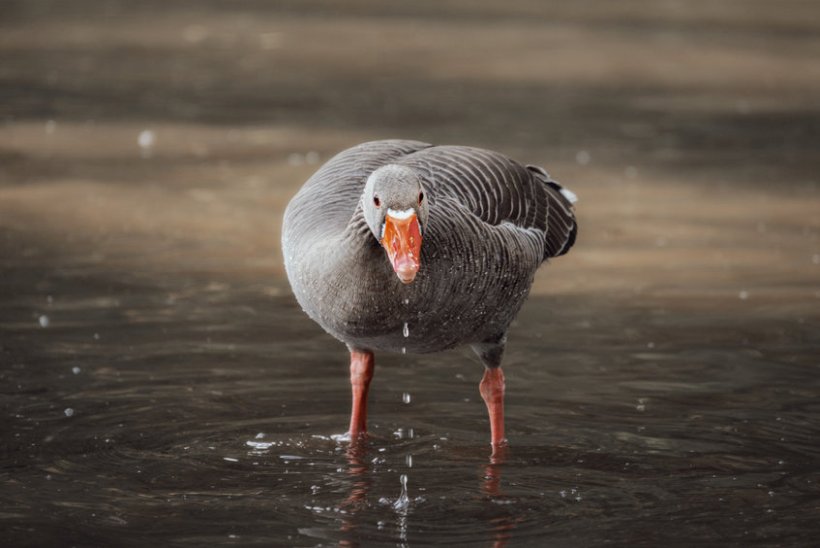Farmers call for 'valuable' goose management support to continue

NatureScot is being urged to reverse its decision to end financial support for farmers and landowners to manage the 'damaging' numbers of geese found on Scottish islands.
NatureScot has informed Local Goose Management Groups (LGMGs) on Uist, Tiree and Coll, Lewis and Harris, and Orkney of its intention to step back from any financial support for adaptive management schemes for resident Greylag geese and offer a simple ‘advisory’ role going forwards.
The public body had previously indicated that it would support LGMGs to put in place sustainable funding arrangements for adaptive management.
NFU Scotland believes that this has not yet been achieved, with numbers of the geese increasing because of the pandemic's restrictions limiting sporting activity, contractor and volunteer shooting on the islands and the ability to meet bag targets.
The union's president Martin Kennedy said the growing populations of Greylag geese on Scottish islands continued to have a 'devastating impact' on farming and crofting businesses.
"Now is not the time for NatureScot to withdraw support," Mr Kennedy said, “We are fully aware that the adaptive management schemes were always intended to be short term pilots to manage population density and mitigate against the agricultural damage caused by Greylags.
"However, the pilots have demonstrated that with early intervention, funding and coordinated effort, farmers and crofters could control Greylag goose populations without harming conservation interests."
He said that Uist, Tiree and Coll, Lewis and Harris had been able to make some progress towards their reduction targets, but the Orkney pilot only managed to contain the expansion of resident Greylag birds.
When the pilots were reviewed in 2017, NatureScot recognised their fragile success and the need for further support to help LGMGs secure long-term benefit from them.
“When we look at the objectives that were set in 2017, several have yet to be achieved including the development of longer-term funding arrangements for management and development of infrastructure and marketing to allow the sale of goose meat," Mr Kennedy said.
“It is our view that until these objectives are met, and the populations of resident Greylags on these islands are reduced to a level where self-help is realistically achievable, it is not appropriate for NatureScot to withdraw financial support and expect the pilots to continue as self-financing.
“Failure to do so will see those farmers and crofters involved in the pilots unable to control geese numbers and the populations rapidly increase."








